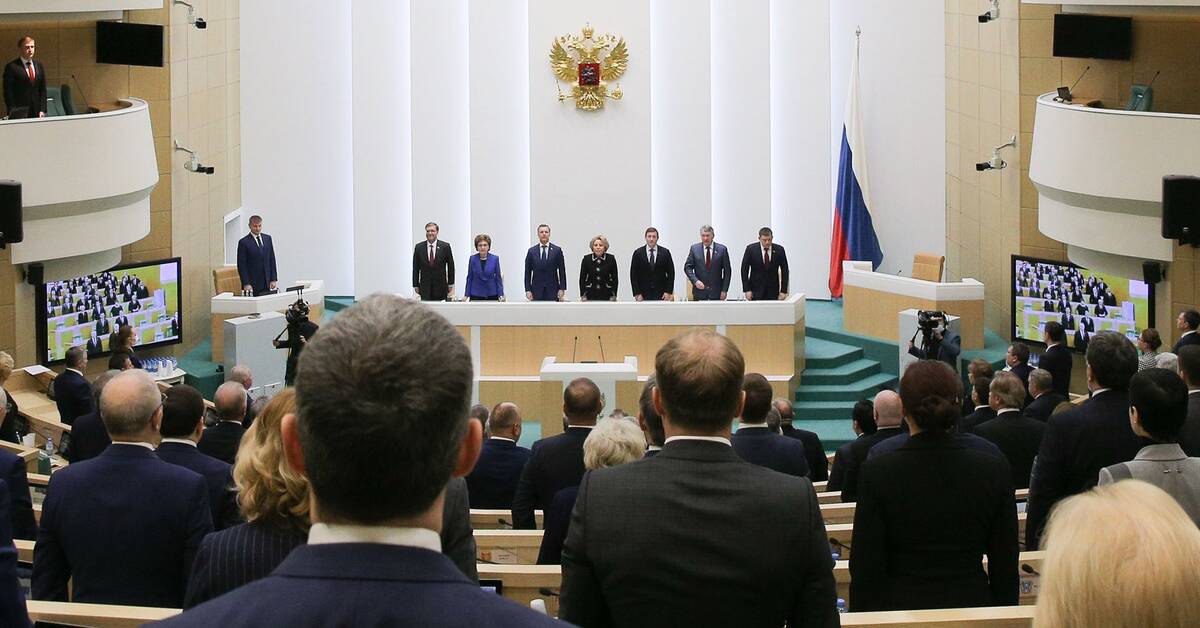The Russian Federation Council has called for an unplanned meeting on Friday.
The last time this was done was on February 22, when the agency approved President Vladimir Putin's request to use military force outside the country, two days before the invasion.
But a Kremlin spokesman has reportedly dismissed speculation about the introduction of martial law.
The measure would result in a number of restrictions on everything from freedom of demonstration to the possibility of getting in and out of the country.
The permit means that civilian rule is temporarily replaced by a military authority, due to the danger of war.
Necessity or scare tactics
- I think it would have enormous consequences for the popular image of the war.
About 60 percent support Putin, which by Russian standards is very low.
The introduction of martial law can strike back negatively, and reach deeper into the people's strata, says Oscar Jonsson.
Jonsson clarifies that he finds it difficult to see any concrete benefit from the introduction, and rather believes that the possible action is about symbolic politics.
"Society is set on war"
- If you introduce it on a broad front, it would probably be very unpopular.
But it may be that Russia adopts laws of war, but does not use them.
A law can, for example, give the right to call everyone in a certain age to duty, but that does not mean that you do it, adds Oscar Jonsson.
In such cases, what can Putin gain from introducing martial law?
- Society is at war.
Among other things, stricter disciplinary regulations are being introduced, as well as an increased level of censorship, says Martin Kragh, head of the Center for Eastern European Studies (SCEEUS) and senior researcher at the Foreign Policy Institute.

